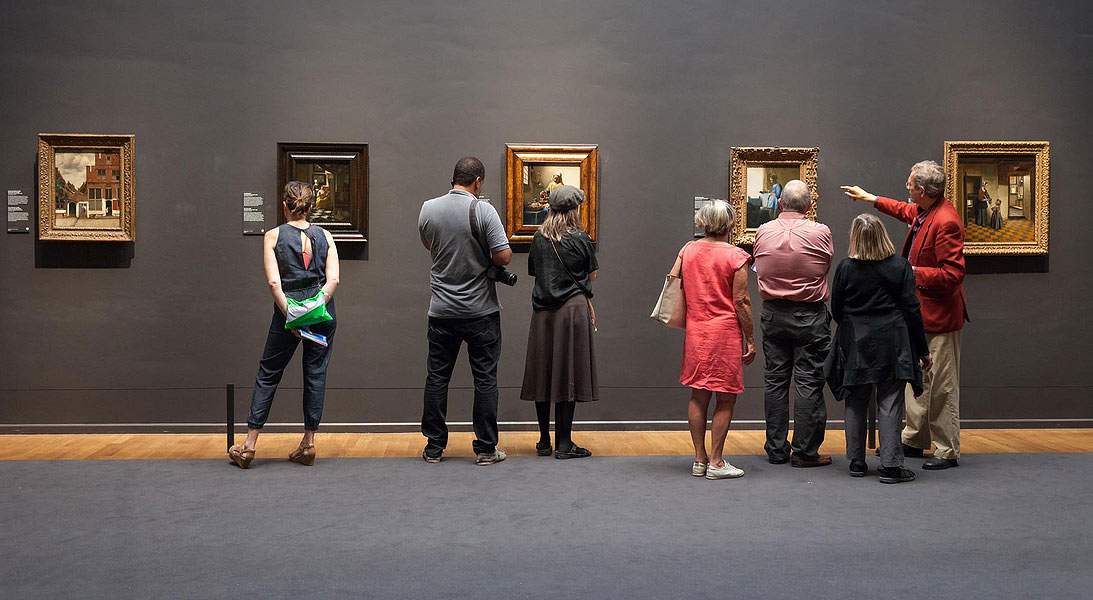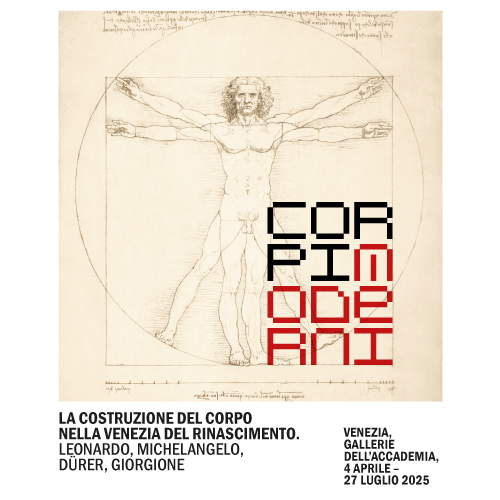Cultural heritage workers earn the least of all. But studying the subject would pay off
The inter-university consortium AlmaLaurea today published new research on graduates in the humanities, the so-called “ALPH” (Art, Literature, Philosophy and History) degrees. The cultural production system in Italy employs 2.7 percent of the workforce, 42 percent of whom hold a bachelor’s degree. According to AlmaLaurea, choosing a humanities degree makes sense because “the new professional skills of the cultural and creative industries,” a note reads, “constitute a driver for the national economy. Culture and creativity enrich the innovative capacity of a country and its industrial production. Italy, with its great stratification and historical legacy, must tend toward this trajectory of development to increase its competitiveness in the markets,” and because culture is a great economic attractor since a 2017 Symbola report, cited by AlmaLaurea, shows that for every euro produced by culture, 1.8 euros are activated in other sectors.
AlmaLaurea then conducted an analysis of 2014 bachelor’s degree graduates, interviewed in 2019 five years after graduation, who say they are employed. Among them, 5,509 graduates, or 10.9 percent of the total, are in a profession in the cultural field: these are mainly architects or construction engineers, who are considered cultural professionals for research purposes (they make up 6.5 percent of the total employed), and workers in the tourism sector (1.3 percent). Compared to 2012, graduates engaged in cultural professions have increased slightly (then they were 10.1 percent).
Analyzing the occupational placement of graduates engaged, five years after graduation, in the cultural field, AlmaLaurea found that both high-level occupations (entrepreneurs and senior management) and highly specialized occupations (typically, occupations that require a bachelor’s degree) are more common: the former account for 4.1 percent of those employed in the cultural field (compared to 3.0 percent of the employed as a whole), and the latter account for 66.2 percent (compared to 61.3 percent). There is, however, a great variability of the sectors in which workers are employed: in particular, tourism professionals are more present among the less skilled positions (they are mainly professions related to customer service within accommodation and catering facilities.
Then there is thedegree effectiveness parameter, an indicator that compares the degree and the skills acquired in college and used in the world of work. Graduates employed five years after graduation in the cultural field show a higher than average level: the degree is very effective or effective for 69.2 percent compared to 65.3 percent found for the employed as a whole. Going into more detail, a higher level of effectiveness is found for occupations working in cultural heritage conservation (for 88.8 percent the degree is very effective or effective), for architects and building engineers (87.0 percent) and for university researchers and teachers (81.2 percent). In contrast, a lower level of effectiveness (18.6 percent) is found for the tourism sector, to which graduates from so many disciplinary fields land; appreciably lower than average levels of effectiveness are also found for professions in the media and entertainment field (34.1 percent) and for artists (39.6 percent).
In terms of net monthly earnings, there is an average of 1,408 euros, which is lower than the figure of 1,499 euros found for graduates as a whole. Even more below average is the pay of heritage workers: 1,245 euros per month for those employed in heritage conservation, and as low as 1,140 for those involved in heritage promotion. Doing better are environmental protection workers (1,480), followed by architects and construction engineers (1,470), university researchers and lecturers (1,425), media and entertainment (1,414), artists (1,364), artistic and technical designers (1,337) and those employed in tourism (1,293).
Finally, it was found that graduates employed in the cultural field show a richer resume of experiences gained during their undergraduate studies: 16.0 percent of graduates spent a period of study abroad, recognized by the university course, (compared to 12.6 percent of the employed as a whole), 54.2 percent (compared to 49.2 percent) completed a curricular internship, and 67.3 percent (compared to 65.1 percent) gained work experience. These are experiences that, according to specific insights carried out by AlmaLaurea, favor the employment opportunities of new graduates.
 |
| Cultural heritage workers earn the least of all. But studying the subject would pay off |
Warning: the translation into English of the original Italian article was created using automatic tools. We undertake to review all articles, but we do not guarantee the total absence of inaccuracies in the translation due to the program. You can find the original by clicking on the ITA button. If you find any mistake,please contact us.




























